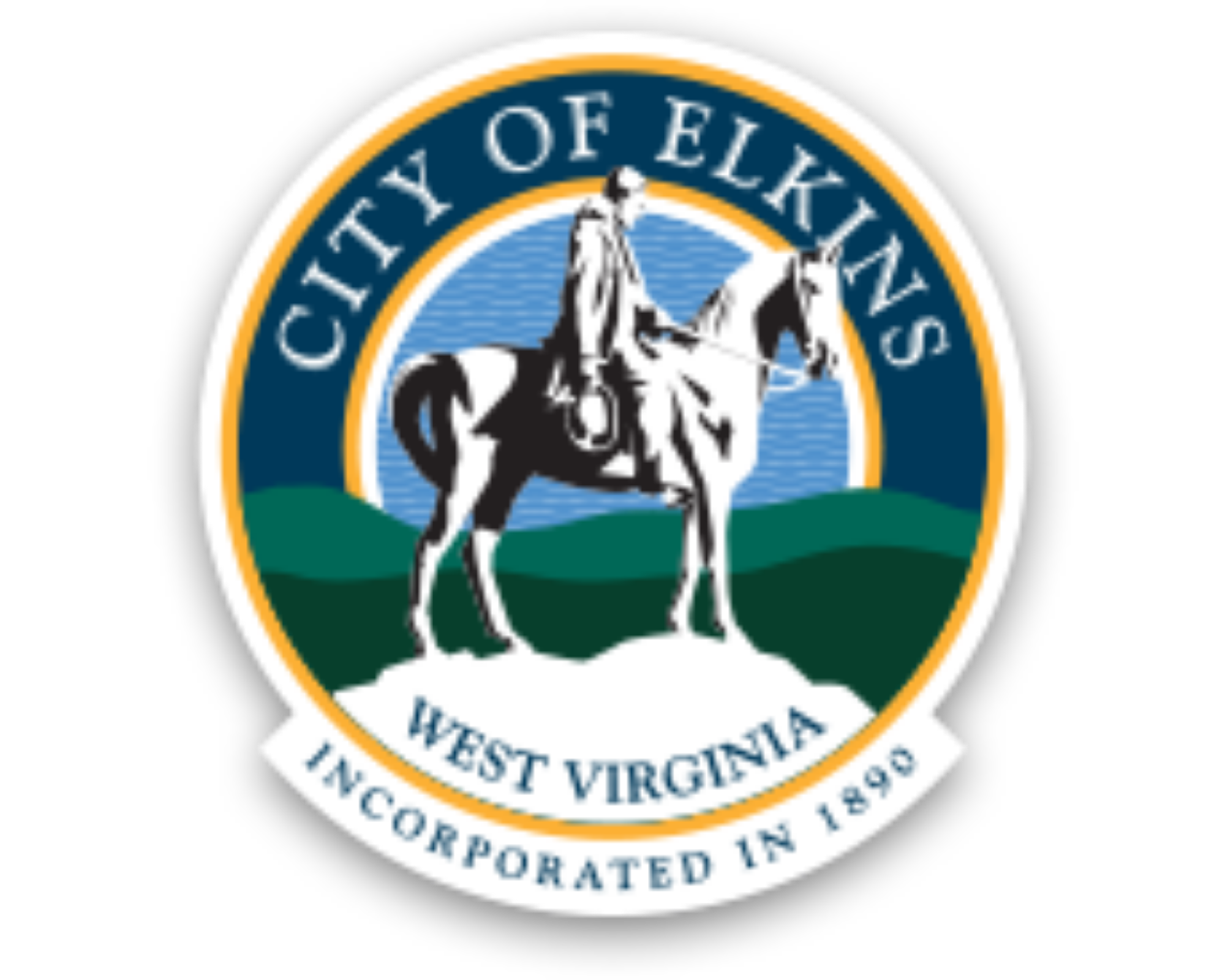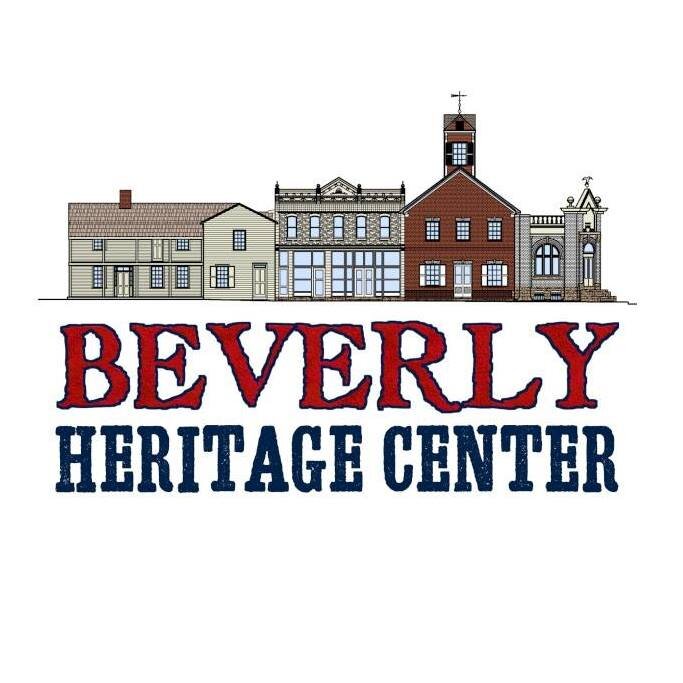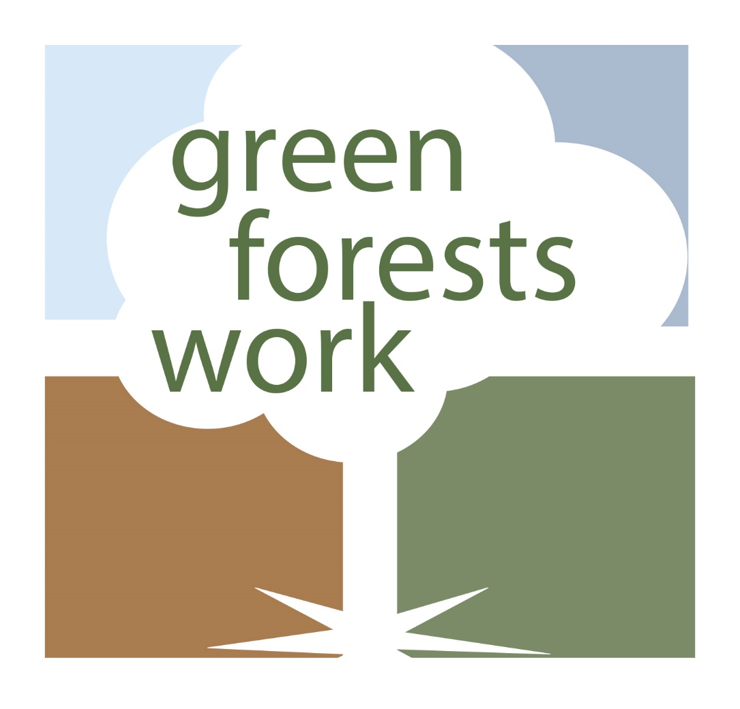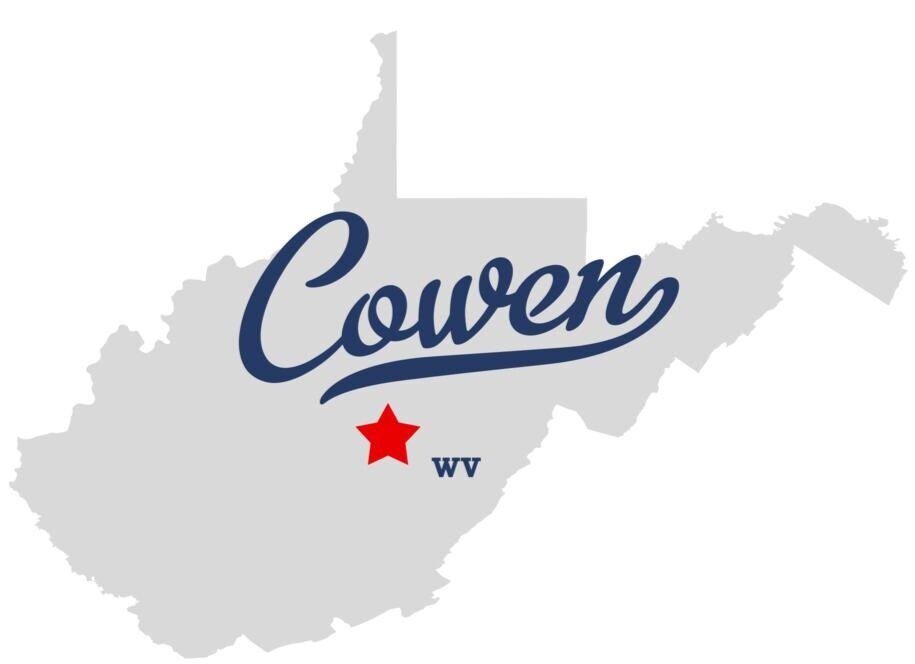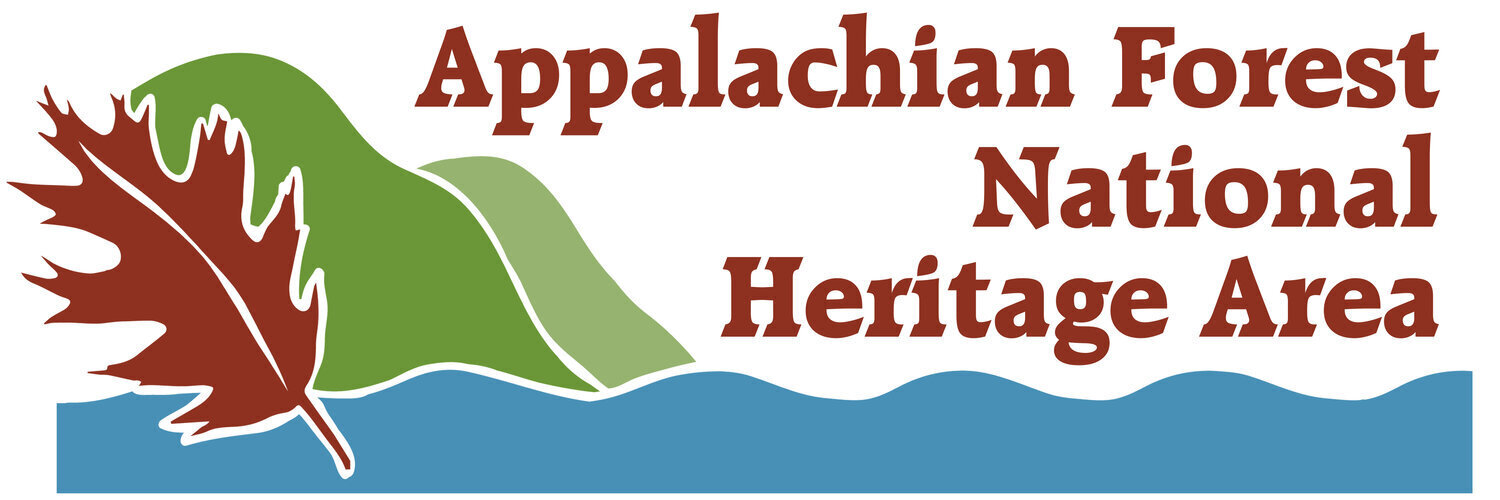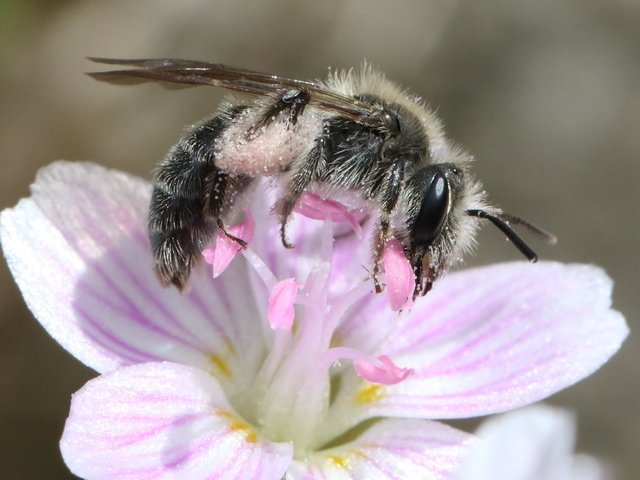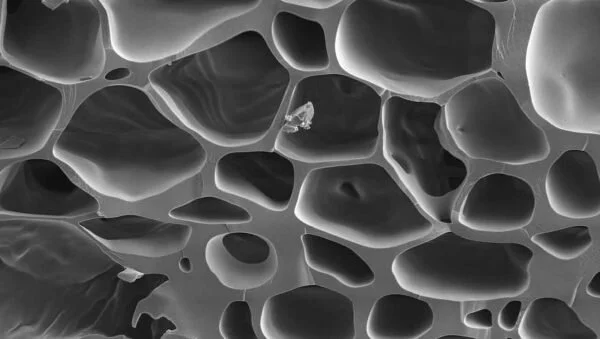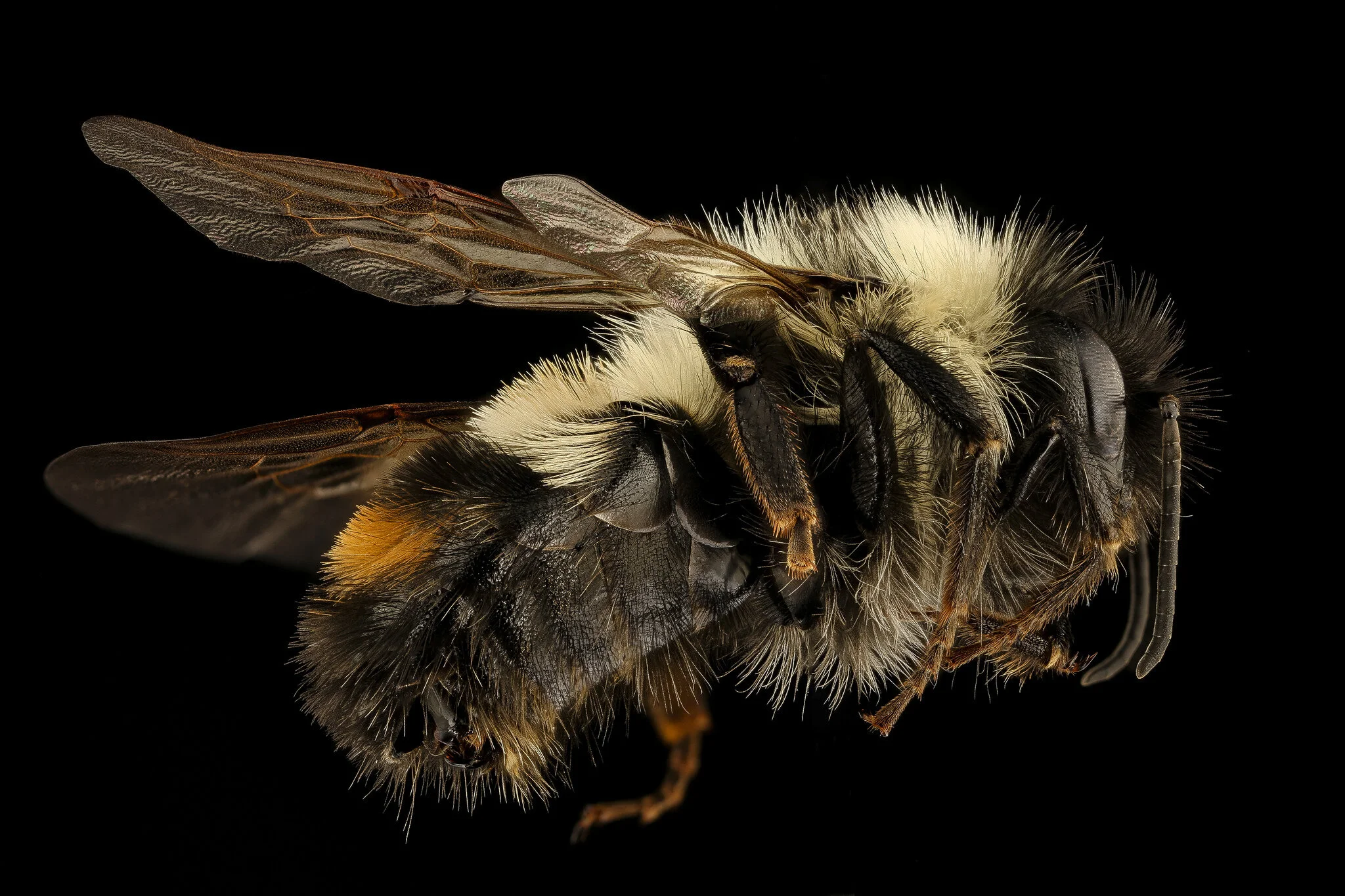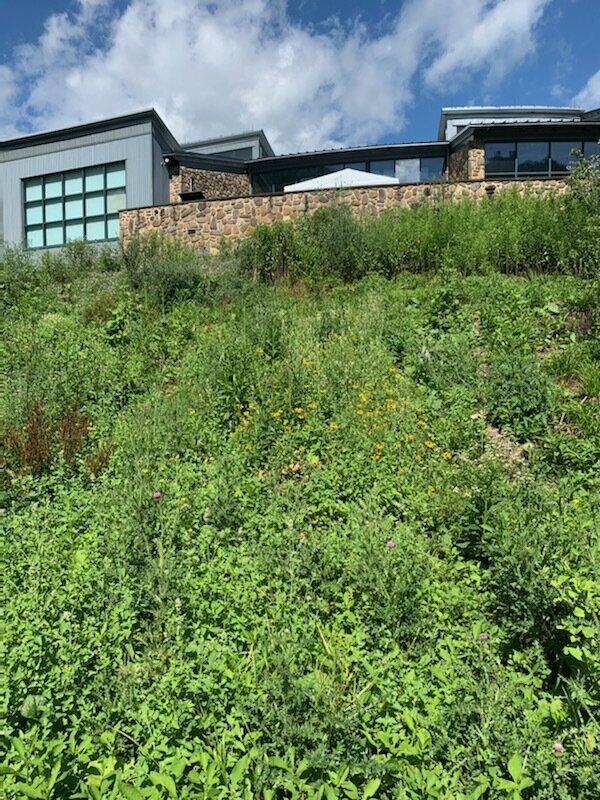NEW: Pollinator Activities for Kids!
We’ve compiled a collection of crafts, games, activities, and other resources to help kids learn about pollinators!
Below you will find resources on how to support pollinators, either by creating your own pollinator habitat, adding to the knowledge base for pollinators in the Appalachian forest region, or by spreading awareness in your community! We also encourage you to sign our pollinator pledge, a pledge that acknowledges your dedication to supporting pollinators in the AFNHA.
We want to hear about your pollinator garden or any designated pollinator habitat in your community! If you would like to share, fill out the form below. Additionally, if you or your community want your pollinator conservation work to be featured on the AFNHA website, note that in the form!
If you have any questions about our initiative, or would like assistance with using our resources, email us at pollinator@afnha.org.
pollinator partners!
The following groups and organizations acknowledge the importance of pollinators and strive to either directly or indirectly support them and their habitat.






